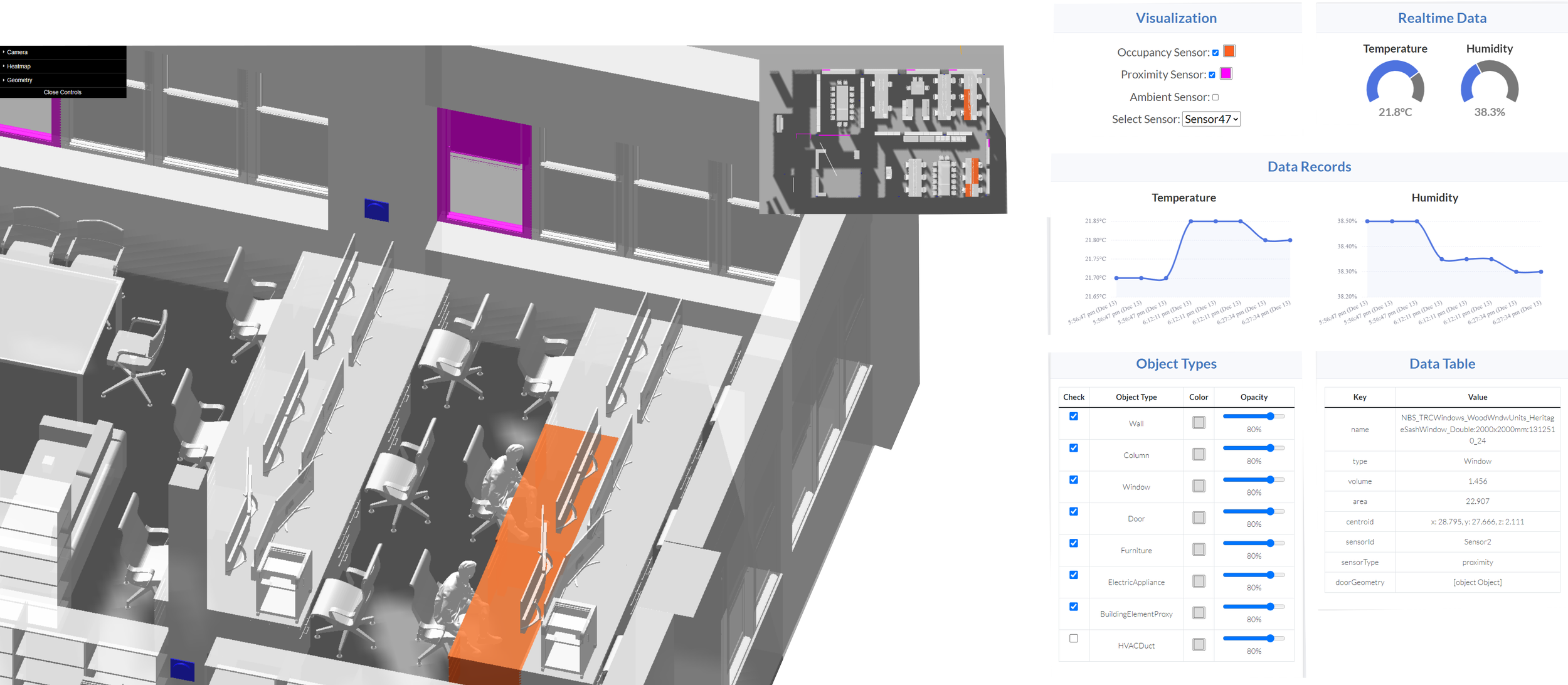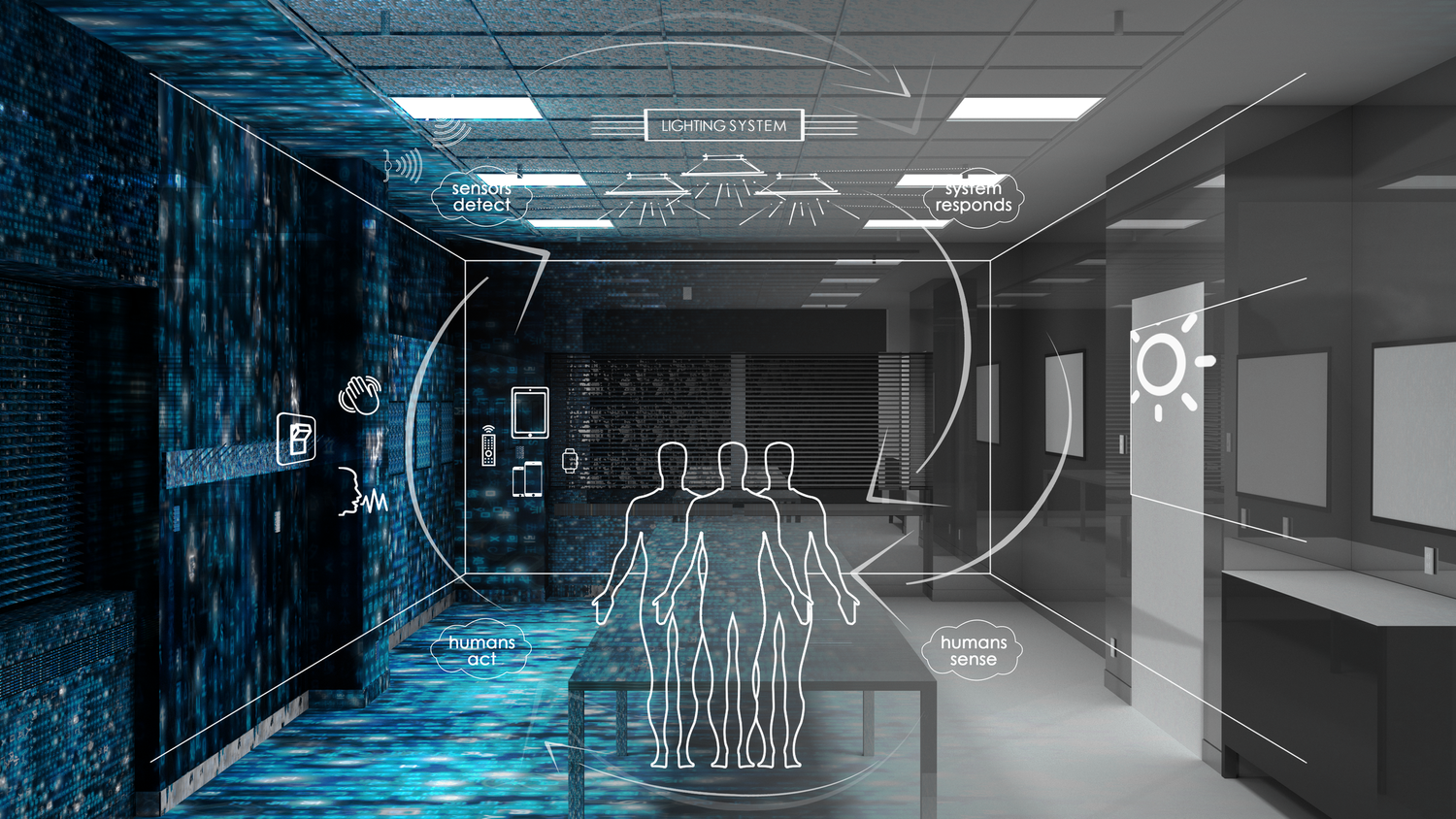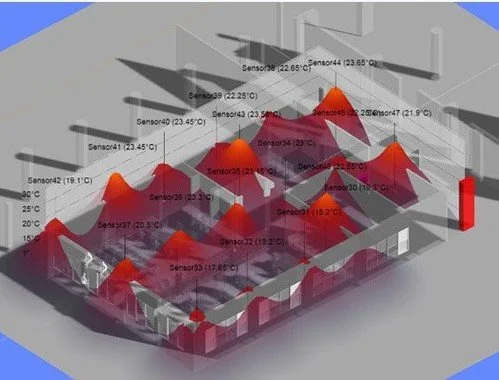Study Design Technology at CASE
Become an Practice Leader in BIM, generative design and AI technology and applications
We are looking for talented and motivated students with strong design and technical skills and a creative mindset to join CASE (Center for Architecture, Science, and Ecology) in Brooklyn NY, as part of the Design Technology Program, starting Fall 2025.
The Design Technology program at CASE in Brooklyn, New York City prepares students for academic and industry careers at the forefront of digital applications to the built environment. The program’s unique pedagogy combines foundational instruction in computation, data science and AI with applications to building design, construction and real time operations. These innovations focus specifically on human wellbeing, sustainability and resource optimization problems through design synthesis and systems.
CASE translates its advances into real world impact through partnerships with industry leading building professional and technology firms, and a focus on career building through internships, embedded research, and startup mentoring.
The Design Tech MS program is designed to accelerate the career opportunities for each and mid career professionals, including:
· Architectural and building engineering professionals, who wish to accelerate into technology focused careers as digital practice leaders in professional firms
· Software and hardware developers, who seek professions in tech
· Academics, who plan to pursue Ph.D. study in building and urban disciplines
· Entrepreneurs, interested in commercializing their innovations
The curriculum focuses the pedagogy around students’ unique R&D interests through by developing a year long, computationally focused technology R&D project. Students work directly with faculty and industry mentors to crystallize their ideas, and deliver functional prototypes of their innovations. This project centric curriculum is supported by research method courses and menu of electives focusing in on specific technologies their applications.
Research directions by past students have included:
· Building simulation and performance analysis, including impacts of human behavior on building energy performance and control strategies
· Generative design applications including mass customized building structure and envelope system design and details, building layout generation and optimization
· Gaming and virtual reality applications to building simulation and real time visualization
· Parametric and Building Information/Energy Modeling (BIM/BEM) software add-on development
· Web- and data-architectures and services, including cloud based building data management, spatial data analysis and application, and web based 3D modeling/data representation
· Internet of Things (IoT) and edge computing, including real time digital twin applications connecting BIM, real time simulation, and real time data from sensors and user interfaces.
· Grid Interactive Building and Grid Edge Technology Design and Implementation including human-computer interaction (HCI) in grid-edge space, building-to-grid integration design, and integrated-building system data design and management
· Computational Urban Design and Energy Planning including urban system analysis, community decarbonization and electrification, and advanced grid-interactive building performance optimization.
Currently, CASE is seeking candidates who have prior experience in one or more of the following general areas of research:
· Building information and energy modeling. The doctoral student will work with faculty on advanced building data applications including energy simulation and digital twins, human / building interaction, open data platforms, and AI applications.
· Urban data systems, including GIS, distributed sensors and data acquisition, federated data management and analysis, and AI. The doctoral student will work with faculty on topics in urban data set development, analysis and reasoning, applications to health, well being, and mobility, urban scale energy distribution strategies including smart building / smart grid applications.
· Urban System Optimization. The doctoral student will work with faculty on topics in urban system data analysis and management, integrated system design and operation, and multi-system optimization and integration.
CASE is a cross-institute research center pursuing advances in the built environment and building professions, through sustainability, technology and new models of professional practice. The Center conducts government agency and industry funded research, provides undergraduate, masters and doctoral academic programs, and develops research and academic engagement with the New York City and global professional communities. The Center benefits from its presence within and access to the New York City professional, technology development and real estate communities as well as access to the faculty collaborators and physical resources of the Troy New York campus.
Rensselaer Polytechnic Institute is one of the premier technological universities in the United States today. RPI has some of the world’s leading artificial intelligence faculty and computing resources including AIMAC - one of the most powerful supercomputers and the first academic based quantum computers. Renowned for its contemporary, interdisciplinary, and forward-looking professional and graduate research programs – the School of Architecture is committed to new forms of innovation and discovery as we prepare our graduates for future leadership in the profession.
Interested prospective students should contact the Design Technology program director Dennis Shelden at sheldd@rpi.edu.



